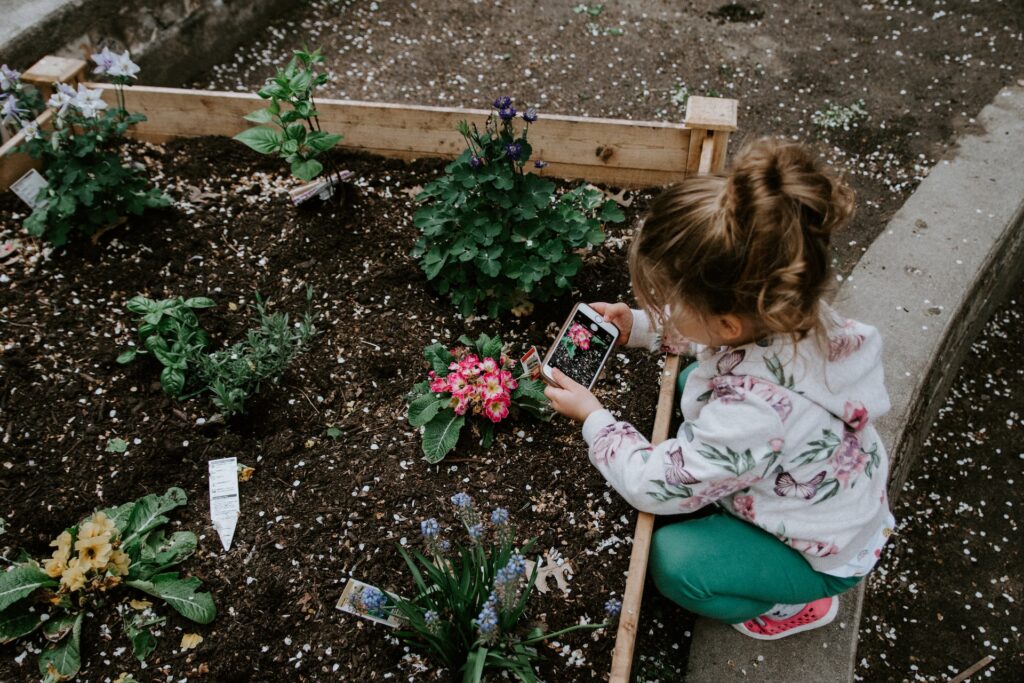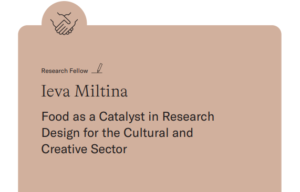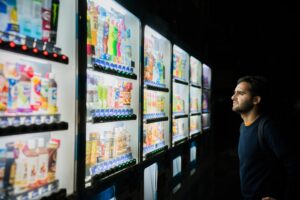In recent years, the concept of education has expanded beyond traditional classroom boundaries. A growing body of research highlights the powerful role that food can play in enhancing learning environments. For changemakers and workshop facilitators, integrating food into educational settings presents a unique opportunity to foster holistic development, spark engagement, and drive positive change. This article explores the reasons behind the inclusion of food in learning environments and provides practical examples of facilitation methods to achieve this integration effectively.
1. Connecting Learning with Real-life Contexts:
Food is an integral part of daily life, offering a tangible connection to various subjects such as science, geography, history, and culture. Incorporating food-related topics into the curriculum enables students to grasp concepts in practical contexts. Facilitators can organize sessions where students explore the science of food preservation or analyze the cultural significance of certain dishes, bridging the gap between theoretical learning and real-world experiences.
2. Hands-on Learning through Gardening:
Gardening programs bring the learning process to life. Changemakers and facilitators can collaborate with schools to establish on-site gardens. Students get their hands dirty, learning about biology, environmental stewardship, and sustainability firsthand. Facilitators can organize workshops on planting techniques, composting, and harvesting, creating a space where students actively engage with the food production cycle.

3. Nutrition Education for Lifelong Health:
Promoting healthy eating habits early in life lays the foundation for a lifetime of well-being. Facilitators can conduct interactive workshops that teach students about nutrition, food labels, and mindful eating. Through activities like meal planning simulations or cooking demonstrations, students gain practical skills that empower them to make informed dietary choices. Have a look at the approach of SAPERE sensory education approach.
4. Cultivating Collaboration and Teamwork:
Food-related projects foster collaboration and teamwork among students. For example, facilitators can design challenges where students work together to plan and prepare meals, emphasizing effective communication, delegation, and problem-solving skills. This not only enhances their culinary abilities but also instills vital social skills.
5. Addressing Global Challenges:
Food connects students to global challenges such as food security, waste reduction, and sustainable farming practices. Workshops can explore these issues through discussions, simulations, and case studies. Students can devise solutions like community gardens, food donation drives, or awareness campaigns, demonstrating their potential to drive positive change.

6. Fostering Creativity and Expression:
Food serves as a medium for creative expression and cultural exploration. Changemakers and facilitators can organize sessions where students create artistic projects inspired by food, such as food-themed storytelling, food photography, or even creating food-inspired artworks.
The integration of food into learning environments brings multifaceted benefits. It contextualizes learning, nurtures health-conscious behaviors, hones collaboration skills, addresses global issues, and encourages creativity. For changemakers and workshop facilitators, this provides an exceptional avenue to inspire positive change and holistic development among students. By incorporating innovative facilitation methods, education can be transformed into a dynamic and impactful experience where food becomes a vital tool for shaping the minds and hearts of future generations.
– – – – –
Images by Hannah Tasker, Kelly Sikkema, Olivia Oliver Design from Unsplash








